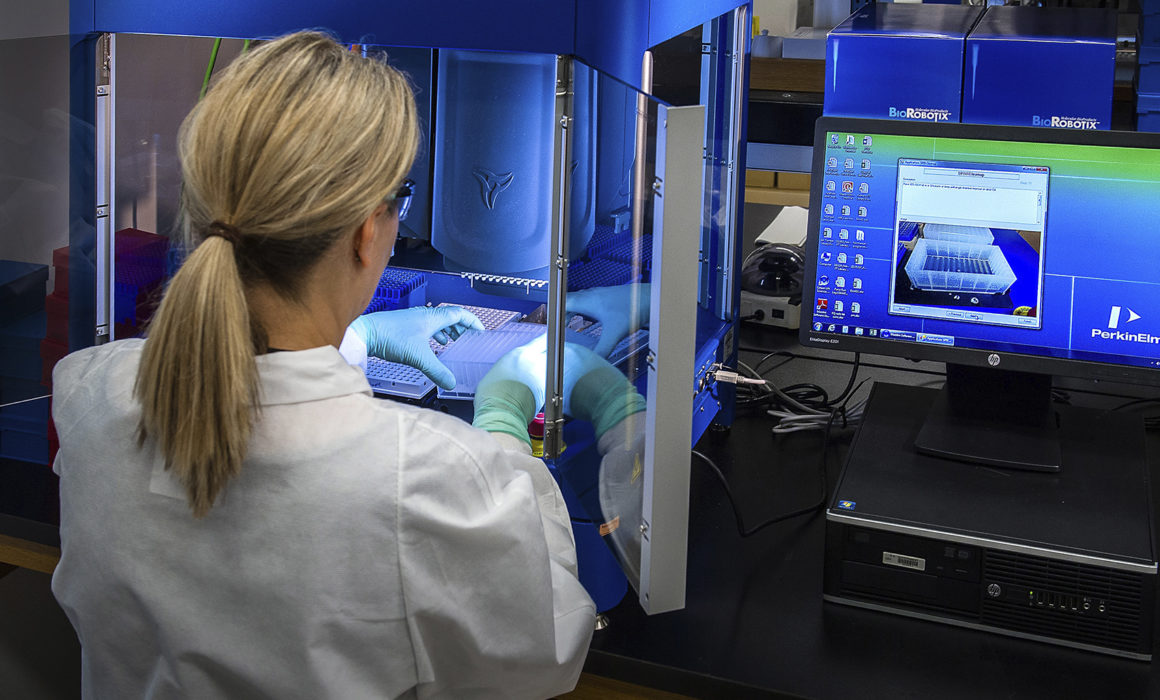
By Carolyn Y. Johnson Washington Post,Updated October 22, 2020, 8:21 p.m.
Moderna, the biotechnology firm from based in Boston partnering with the National Institutes of Health to develop a coronavirus vaccine, announced Thursday that it has fully enrolled its trial, with 30,000 participants — more than a third of whom are minorities.
The coronavirus vaccine trials have been closely watched to ensure they reflect the diversity of the US population at a minimum, and Moderna’s enrollment was slowed in September to recruit more minorities. A fifth of the participants are Hispanic and 10 percent are Black, according to data released by the company. People over 65, a population also at high risk for coronavirus, make up 25 percent of the study population.
”I think that we have done quite well — I think the demographics of the Moderna trial have markedly changed,” Larry Corey, a virologist at Fred Hutchinson Cancer Research Center said in an interview last week. Corey is heading up the clinical trials under Operation Warp Speed, the federal effort to speed vaccine development.
“We hope that we continue to improve upon that, this is the first trial,’’ Corey said. ‘There are two others in the field, and two more scheduled to go — so our journey in COVID-19 vaccines is just starting.”
Pharmaceutical giant Pfizer’s coronavirus vaccine trial is also nearing completion. Pfizer’s trial, which is not part of Operation Warp Speed, has enrolled 39,862 of its planned 44,000 participants. Of those, 34,601 have received their second, booster dose.
Half the participants in both trials receive the study vaccine and half receive a placebo, and more than 25,000 of Moderna’s participants have already received their second dose.
More than half of the volunteers in Moderna’s trial are healthy and not at high risk of severe COVID-19, the disease caused by coronavirus. But 25 percent are at elevated risk due to age and 17 percent are younger, but have conditions such as diabetes or obesity that put them in a high risk group.
Moderna has projected having early data in the next month that may show whether its vaccine is effective, but will not apply for emergency authorization until it has accumulated two months of safety follow-up on half the study participants, a milestone anticipated slightly before Thanksgiving.